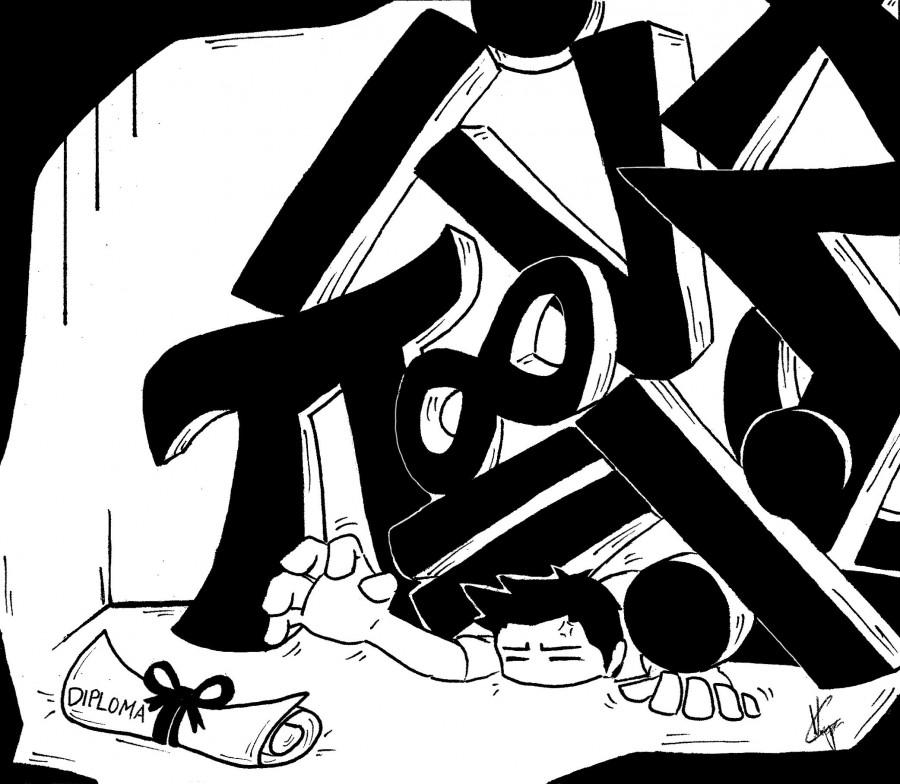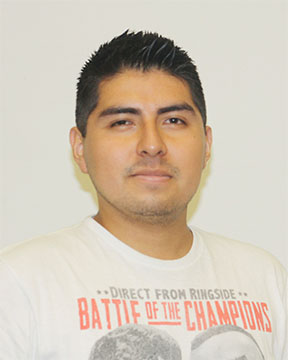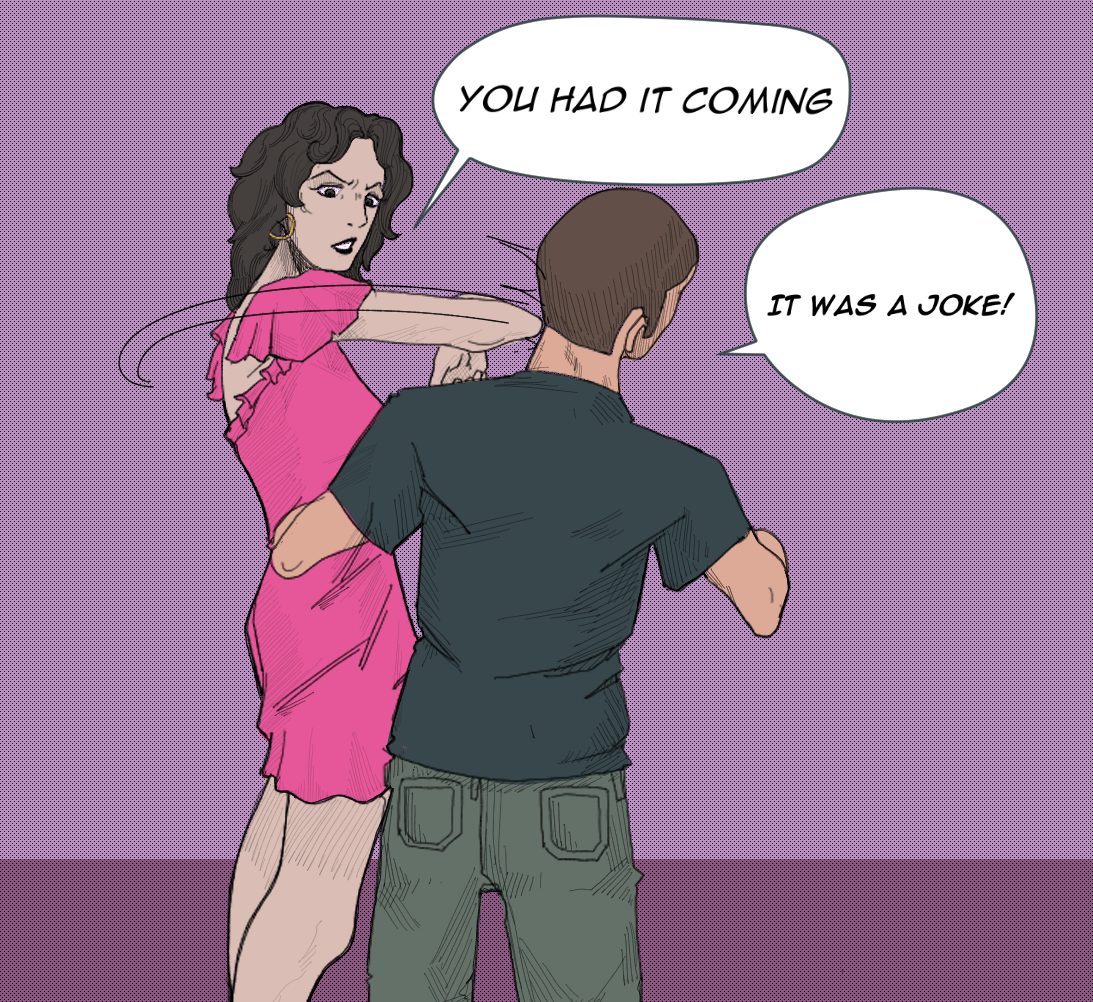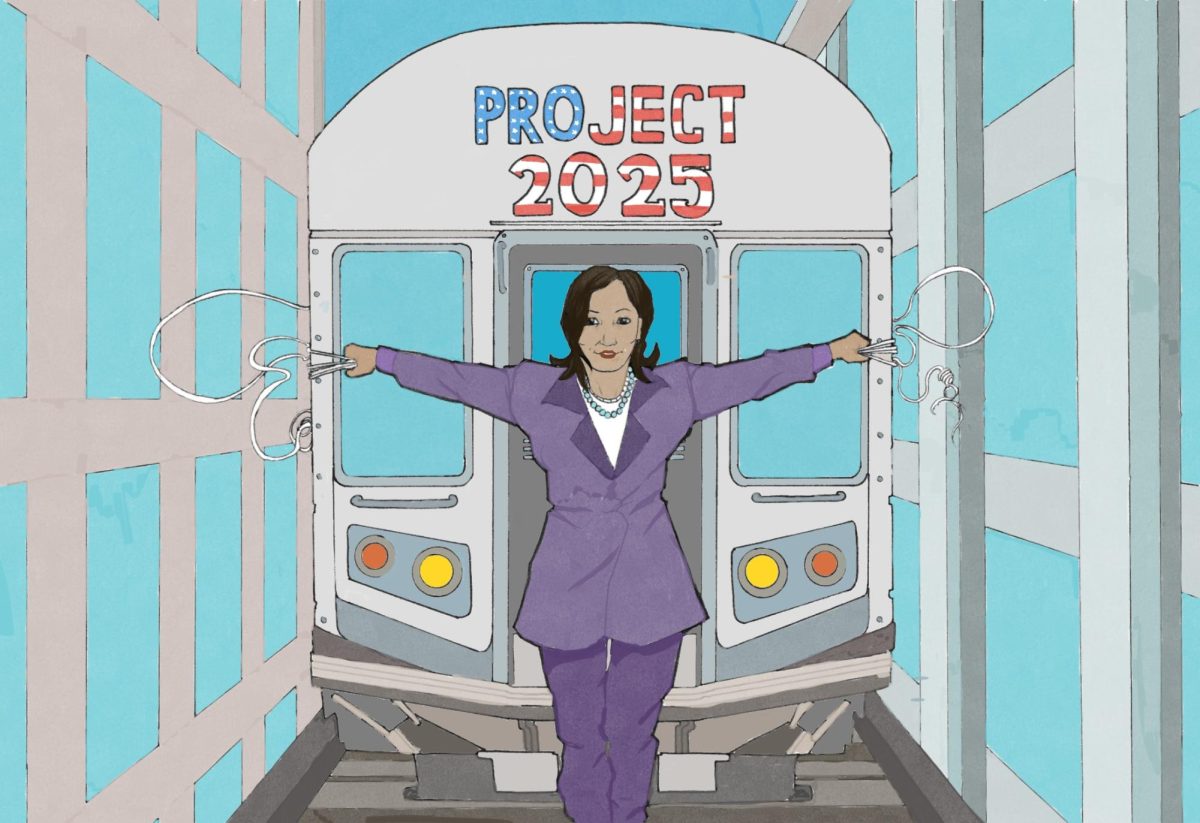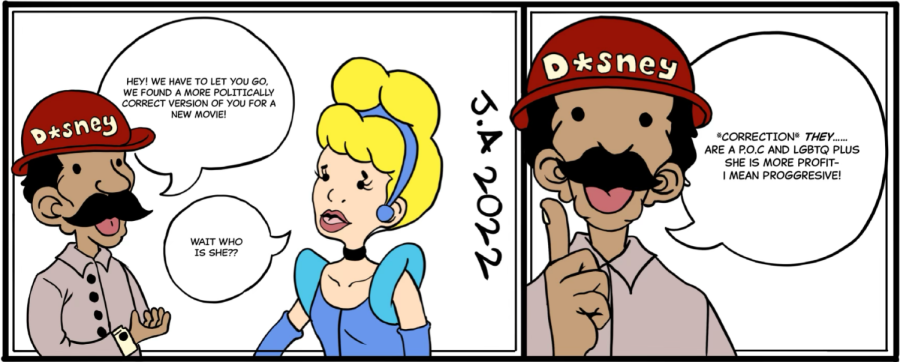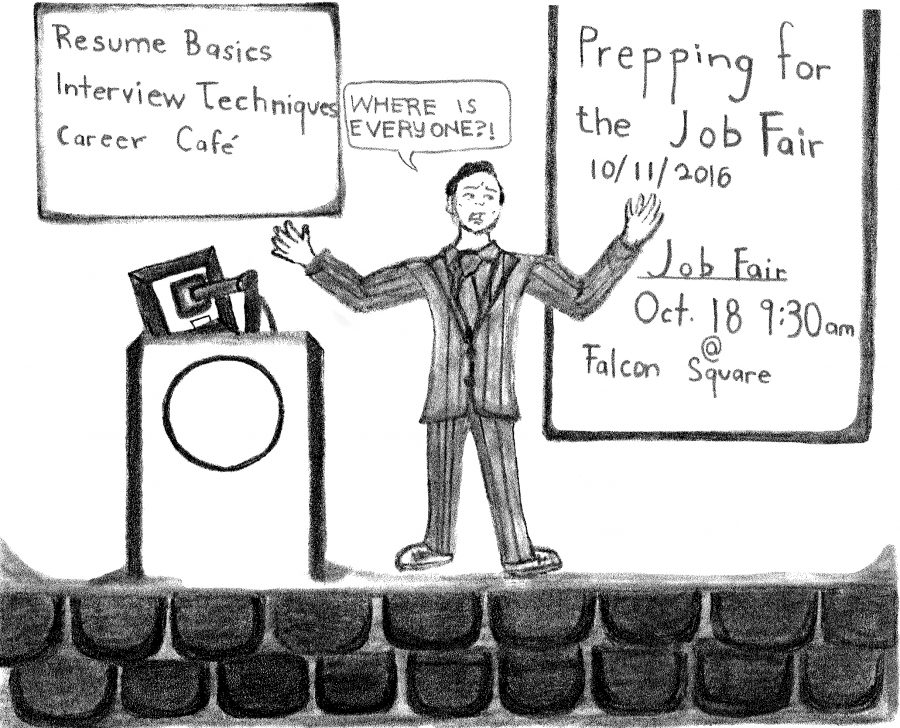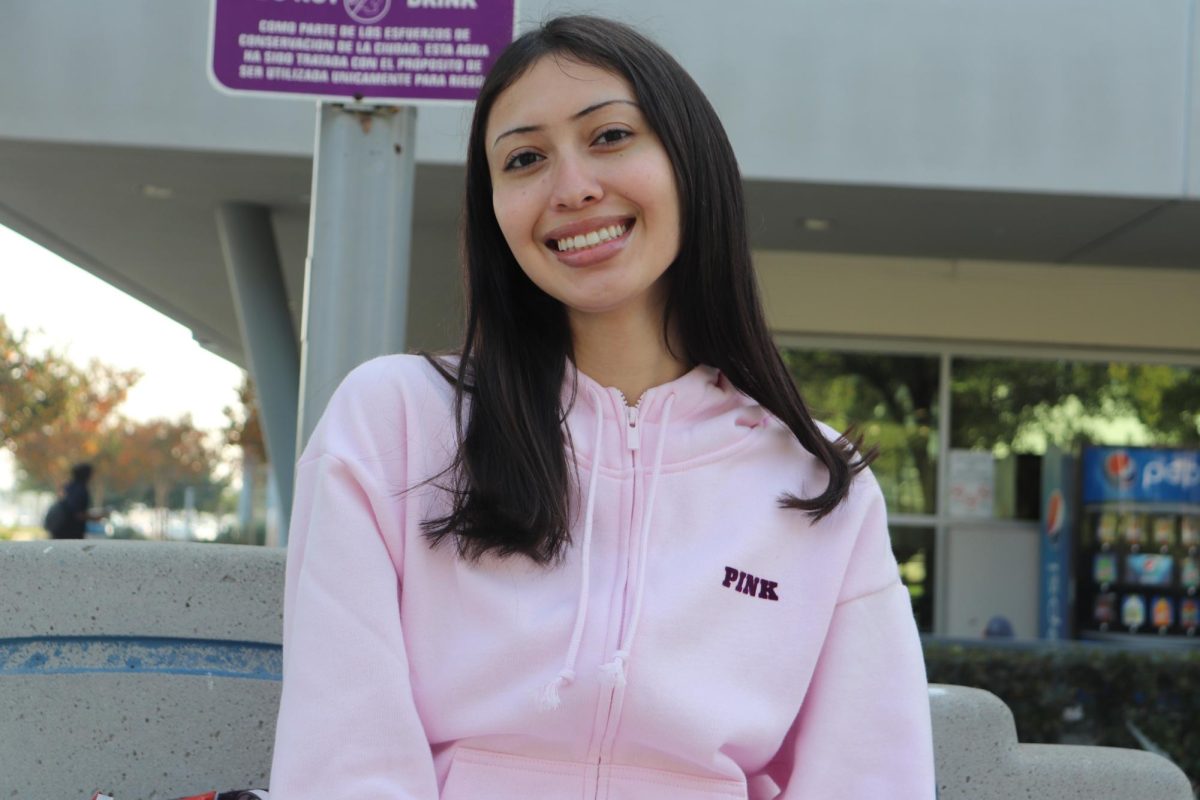What’s the Issue: The blame for why students are doing poorly in math doesn’t just fall on their shoulders.
Our Stance: We believe the responsibility falls on both students and professors.
There is nothing like waking up to an email from your math professor saying that class is cancelled; let’s face it, math sucks.
Whether the anxiety of word problems, the immense amount of detail it takes, or the teaching styles of a professor, math classes have become a huge obstacle for Cerritos College students.
So much so that the board of trustees has been talking about the trending failures in math classes at Cerritos College.
So far, the college’s initiative to fix the poor math success rate is already off to a disappointing start that not only limits the responses of the students, but doesn’t even bother to look into a different factor, the math professors.
Last week, many math classes were given survey sheets that were designed to get a bit more insight on the problems that students face when taking a math class.
However, how much can really be interpreted through a three question survey with multiple choice answers?
The questions were:
1. How prepared do you feel for this class?
(1. Not prepared, 2. Adequately, 3. Over prepared)
2. How are the assignments.
(1. Too difficult, 2. Within reason, 3. Too easy)
3. Have you enrolled in any math class prior (is this your first math class)
(1. First placement, 2. Taken prior)
Do these questions really give students the opportunity to express their struggles with the class?
Not only are these very limited questions with limited answers, but this survey was given 9 weeks into the semester.
By this time, most students who struggle with math have already dropped out of the course.
One of the biggest issues is awareness.
The average student on campus won’t understand how big a problem math actually is at this college.
When the survey was given, a statistics professor gave little to no explanation as to what the survey was for and why it was important.
On top of that, none of the action taken to improve the success rate of students in math has ever bothered to ask about the lack of interest some professors take in their students.
There are several math professors on campus that have some awful reviews on ratemyprofessor.com.
The comments range from difficulty of understanding a professor’s accent, to the lack of overall enthusiasm a professor has for teaching.
If a student can’t feel comfortable with a professor who is teaching an already intimidating class, how on earth does the school actually expect a student to even want to succeed in the class.
The Success Center has tutors ready for students with questions, but how useful is this when certain math professors on campus only accept work done in a specific way (i.e. no shortcuts, specific formulas and even specific digit modes).
On the other hand, all of the blame cannot be placed on professors.
Although math is a dreaded subject for many, it doesn’t mean that students get to just go in fearful of the work and give up.
There needs to be common ground where the students and professors meet.
Being able to relate to one another will strengthen the condition in which students learn and professors teach.
Students should voice their concerns to the board and have a healthy discussion with their fellow professors and the math department to see what changes need to be employed.
A survey with vague questions will not accurately assess what needs to change in order for all parties involved to be successful.
The end goal is graduation and when a good portion of students are not obtaining AA degrees because of math, one would need to analyze and re-evaluate the existing conditions from both sides and the countless ignored variables that go into the learning process.
Correction: According to Angela Conley,department chair of science, engineering and math, the survey sheets were designed to test the placement of students. They survey aims to see if students are being placed too high or too low.


